10 Common Types of Funeral Flowers and What They Represent
Whether you're arranging a memorial, sending sympathy flowers, or simply trying to show up for someone you care about, understanding the meaning behind each flower can help you choose with care.
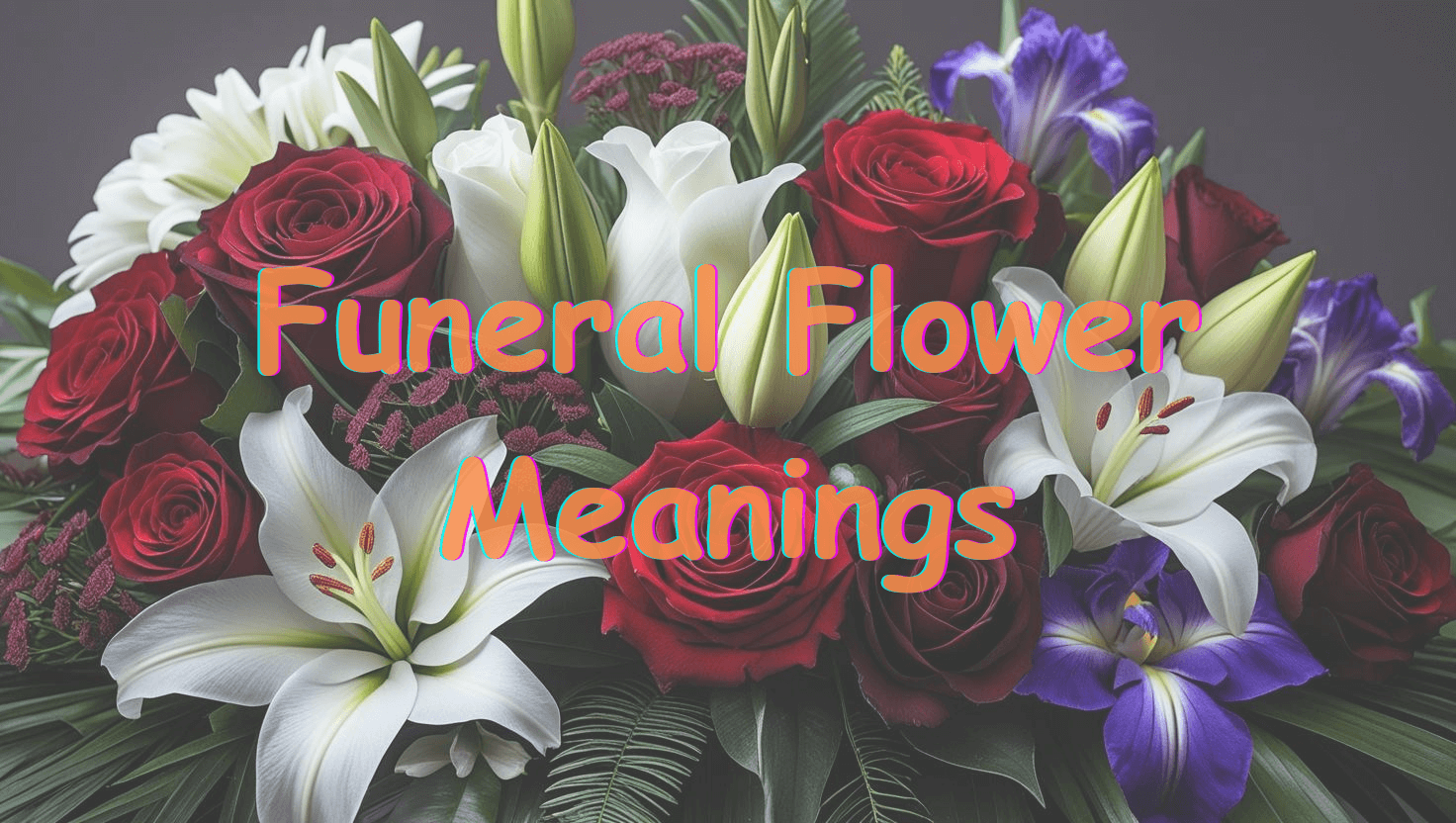
When someone passes away, it’s not always easy to know what to say to offer comfort. That’s where flowers come in. Each bloom carries its own quiet message. Some speak of peace, others of strength or lasting love. The types of funeral flowers you choose can help express what your heart is feeling when words don’t come.
Whether you're arranging a memorial, sending sympathy flowers, or simply trying to show up for someone you care about, understanding the meaning behind each flower can help you choose with care. In the sections ahead, we’ll explore some of the most meaningful funeral flowers and what they represent, so you can offer comfort in a way that feels personal, thoughtful, and true.
Why Symbolism Matters in Funeral Flowers
Funerals are deeply emotional spaces - quiet, sacred moments where presence often means more than words. That’s why flowers have long played a role in honoring the lives we’ve lost. They're not just pretty arrangements. They’re messages, sent without speaking.
Different types of flowers carry different meanings. A lily might represent peace and purity. A red rose speaks of deep love and grief. flowers Even the choice of color can shift the tone - white for innocence, yellow for friendship, purple for reverence.
Symbolism helps personalize the tribute. It’s one thing to send flowers. It’s another to choose blooms that reflect who someone was or what they meant to you.
Whether you're crafting a memorial arrangement or sending a single stem in sympathy, understanding the meaning behind the flowers helps you express your heart, gently, beautifully, and with intention.
10 Common Funeral Flowers and Their Meanings
Every flower has a story to tell. Whether you’re honoring a loved one or sending comfort to someone grieving, the types of funeral flowers you choose can carry deep emotional weight. Below are some of the most common blooms used in funeral arrangements and what they’re quietly saying.
1. Lilies: Peace, Purity, and the Restored Soul
A classic funeral flower, lilies are often associated with innocence and the soul’s return to a peaceful state. White lilies, in particular, are seen as symbols of spiritual renewal.
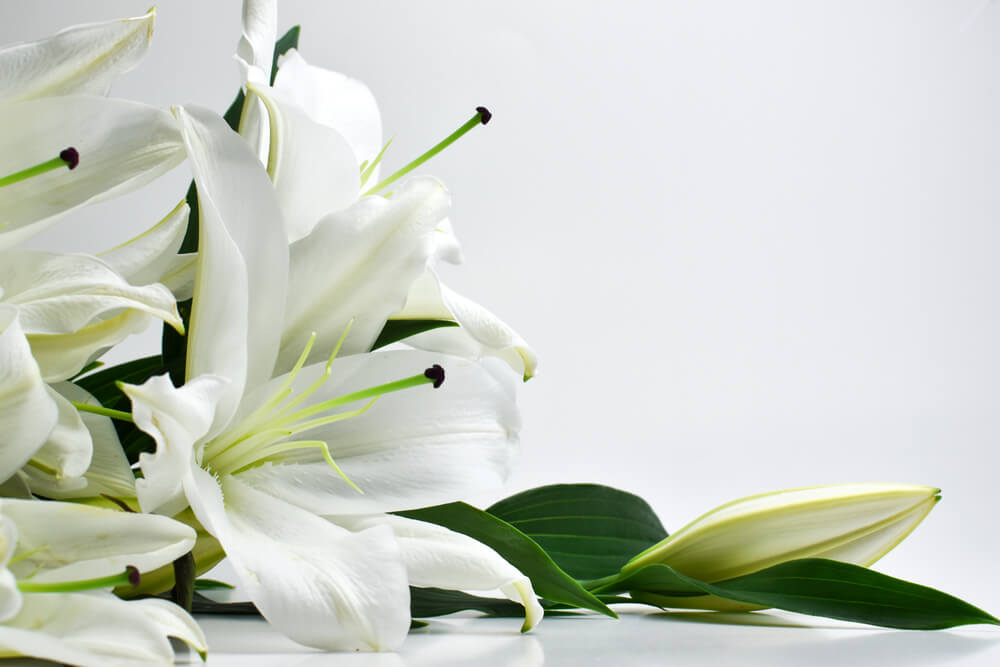
2. Roses: Love, Honor, and Respect
Roses are timeless. Red symbolizes deep love and grief. White expresses reverence and innocence. Yellow can represent friendship, while pink shows gratitude and grace.

3. Carnations: Devotion and Remembrance
Carnations are long-lasting and full of meaning. White stands for pure love, red for admiration, and pink is believed to represent a mother’s undying love.

4. Chrysanthemums: Grief and Honor
In many cultures, especially across Europe and Asia, “mums” are reserved for funerals. They represent mourning, truth, and a tribute to a life well lived.
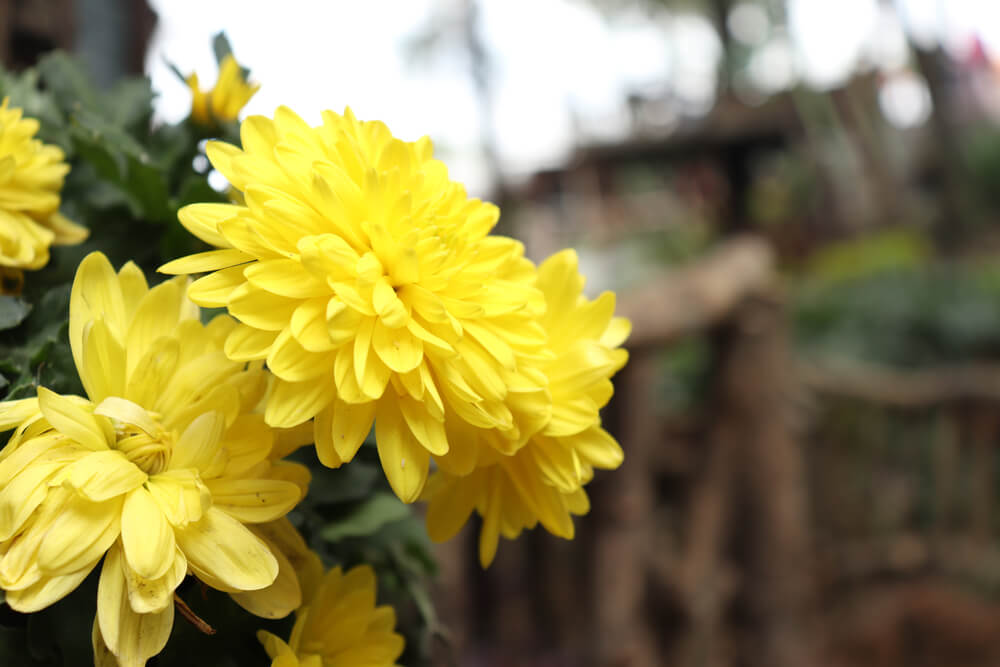
5. Orchids: Eternal Love and Beauty
Delicate and long-lasting, orchids symbolize deep affection that endures beyond loss. White and pink varieties are especially popular in sympathy arrangements.
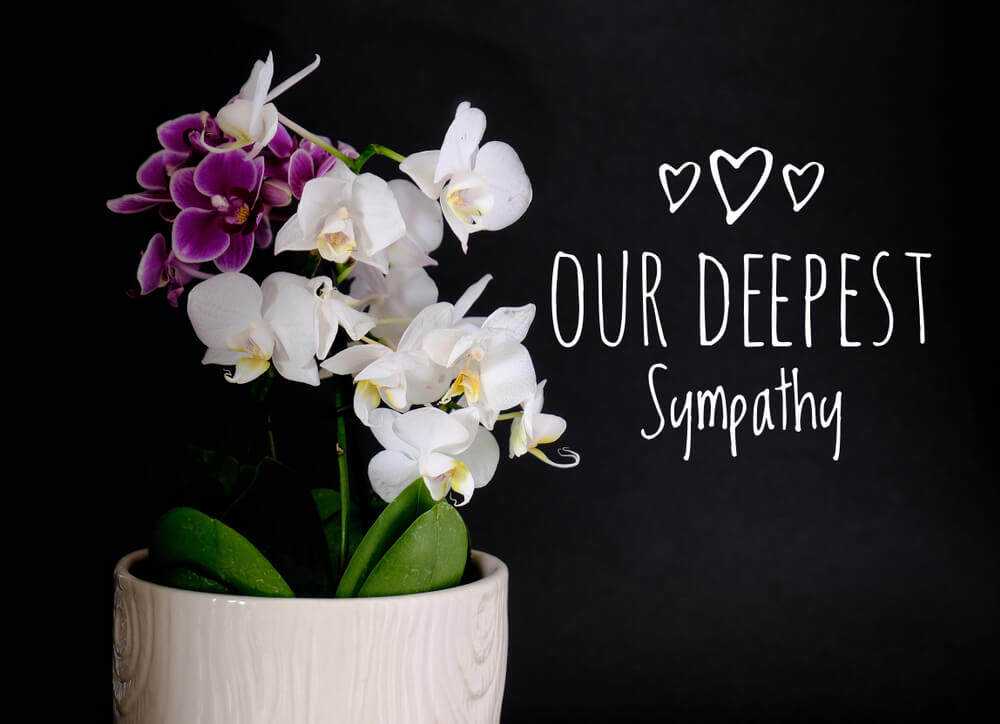
6. Gladiolus: Strength and Integrity
Tall and striking, gladiolus represent strong character, moral integrity, and courage. They’re often chosen to honor someone who lived with resilience.
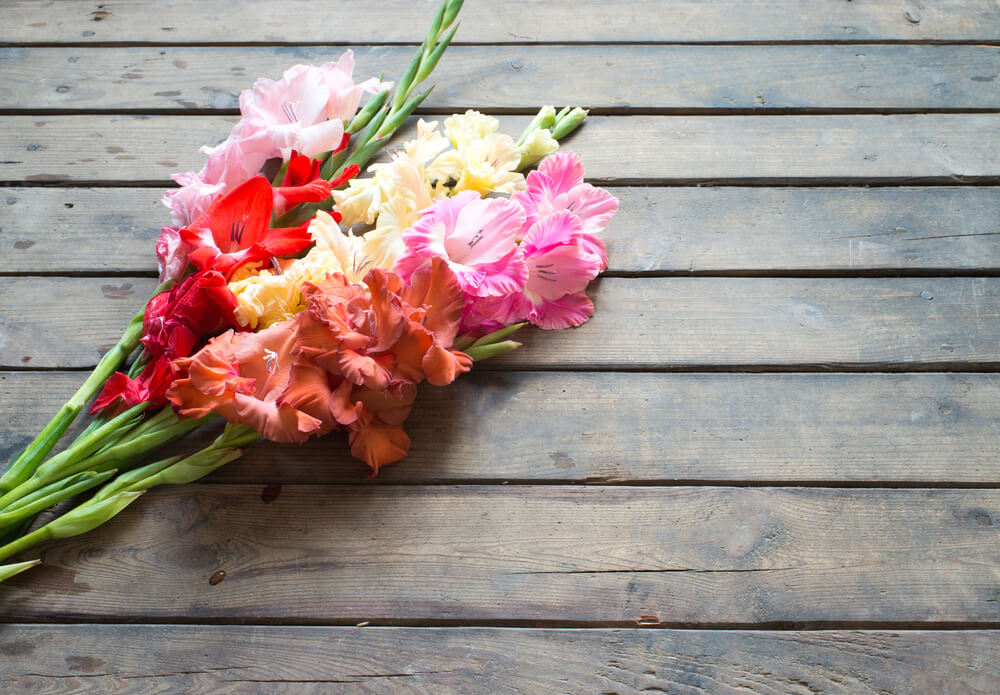
7. Hydrangeas: Sincerity and Deep Emotion
Hydrangeas carry a fullness that mirrors deep, heartfelt emotions. They’re a lovely way to express compassion and empathy, especially in group arrangements.
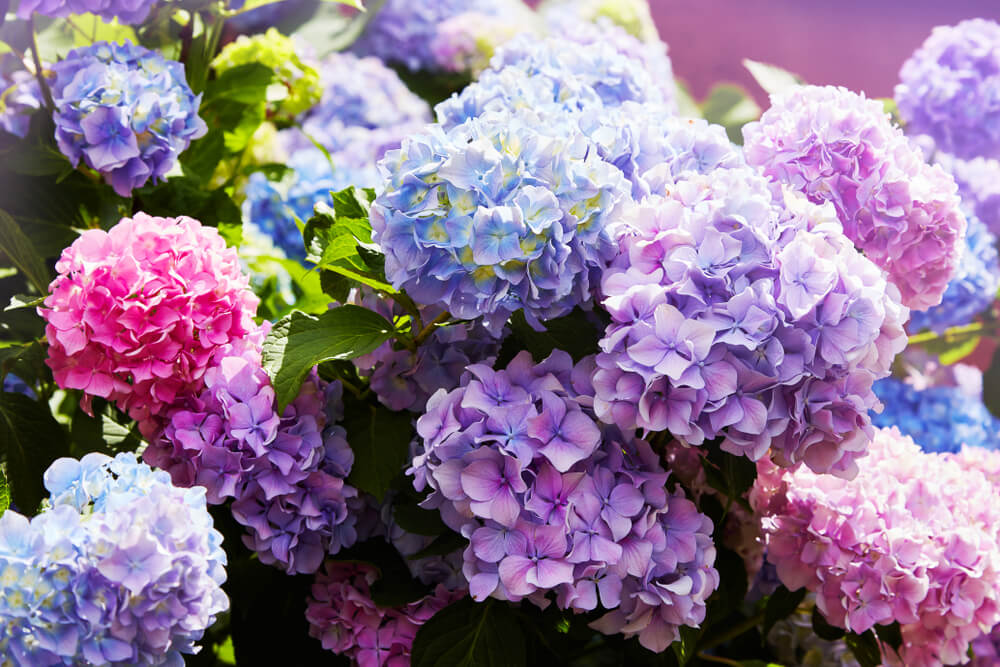
8. Tulips: Renewal and Peace
Though not traditionally tied to funerals, tulips offer a sense of hope and quiet strength. White tulips, in particular, are associated with forgiveness and serenity.
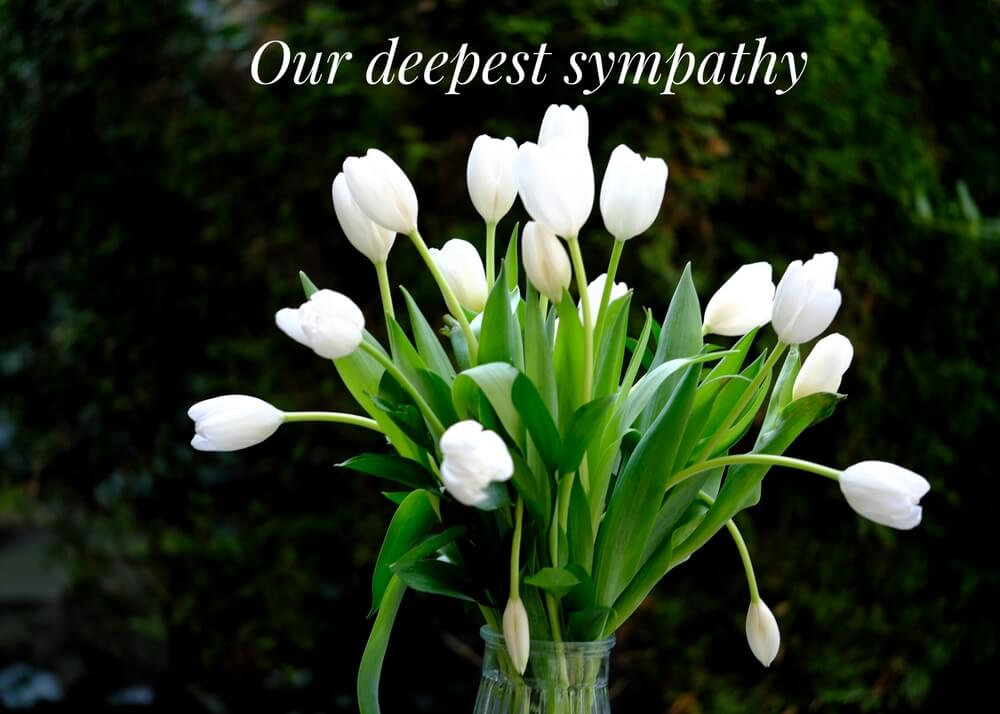
9. Daisies: Innocence and New Beginnings
Simple and sweet, daisies often symbolize purity and hope. They’re commonly used in arrangements for younger individuals or to bring a sense of gentle peace to a service.
10. Forget-Me-Nots: Lasting Love and Remembrance
As their name suggests, forget-me-nots are all about memory. These tiny blue flowers are a heartfelt way to say, “You’ll always be remembered.” They're especially meaningful in memorial arrangements or for anniversary tributes.
Choosing the Right Flowers for Your Message
With so many beautiful blooms to choose from, picking the “right” ones might feel overwhelming, but it doesn’t have to be. Start with your intention. What do you want to say? What kind of tribute feels most honest?
If the person you’re honoring loved a certain flower, include it, even if it’s not traditionally used at funerals. If you’re remembering someone strong and steady, gladiolus or roses might be perfect. For someone gentle and spiritual, lilies or tulips could be just right.
You can also mix flowers to layer meaning, like combining roses for love with chrysanthemums for honor. At the end of the day, the most meaningful types of funeral flowers are the ones that come from the heart. Choose what feels sincere to you, and trust that your gesture will say more than words ever could.
Conclusion: Let the Flowers Speak for You
In moments of loss, it’s easy to feel like no words will ever be enough. But flowers, simple, quiet, and full of meaning, can say what we often can’t.
By choosing funeral flowers with care, you’re offering more than beauty. You’re offering comfort. A gesture of love. A tribute to a life that mattered.
Whether it’s a single rose or a full arrangement, the right bloom carries emotion, memory, and connection. Let the flowers speak for you and trust that their message will be felt.

